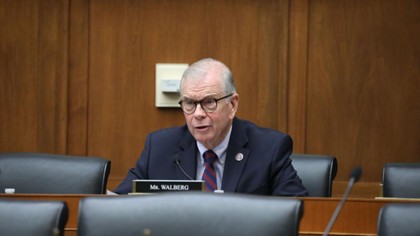New Book Explores Black Women’s Pathways to Academic Leadership Amidst Challenges in Higher Education
In the face of ongoing challenges to diversity, equity, and inclusion in higher education, a groundbreaking new book titled Black Women’s Pathways to Executive Academic Leadership has been released, offering a powerful and timely exploration of the experiences and challenges faced by Black women leaders in community colleges, Historically Black Colleges and Universities (HBCUs), and predominantly White institutions (PWIs).
The book comes at a crucial moment as higher education institutions grapple with legislative attacks on diversity initiatives in states like Florida and Texas.
The authors of Black Women’s Pathways to Executive Academic Leadership address the urgent need for leaders who understand the experiences of racially and ethnically diverse student bodies, identify barriers that mask merit, and garner support to create welcoming and inclusive campus environments for all.
Over half of college presidents (55%) are planning to step down from their positions within the next five years. This impending change in leadership, particularly among underrepresented groups, presents an opportunity not only to diversify leadership but as the editor states, more importantly, address “the need for leaders who understand the experiences of racially and ethnically diverse student bodies, who can identify barriers that mask merit, and who can garner support to make campuses welcoming and inclusive spaces for all.”
Key highlights of the book include:
• The voices and experiences of Black women leaders in various higher education settings, including community colleges, HBCUs, and PWIs.
• Through in-depth analysis and personal narratives, the authors delve into the intricacies of academic leadership, shedding light on the obstacles and opportunities that Black women leaders encounter.
• A powerful call to action for higher education institutions to prioritize diversity and inclusion within their leadership structures.
• The invaluable contributions of Black women leaders in shaping the future of education and calls for recognition and support for their vital work.
As the landscape of higher education evolves, this book serves as a crucial resource for navigating the complexities of leadership and fostering diversity, equity, and inclusion on campuses across the nation.
For media inquiries, review copies, or interviews with the authors, please contact Geane deLima at geane.delima@sagepub.com
You can purchase Black Women’s Pathways to Executive Academic Leadership at UWPBooks.com
About the Author:
Dr. Crystal R. Chambers is a 2018 Carnegie Fellow and professor of educational leadership at East Carolina University. Added honors include the American Association of Higher Education Black Caucus Doctoral Student Award (2005), a 2013 Chancellor’s Leadership Academy Fellowship, a 2016 East Carolina University Women of Distinction Award, and 2021 Fellow of the UNC System Executive Leadership Institute. Her areas of expertise are centered on issues of race and gender in higher education and include college choice, faculty advancement, and doctoral education.



